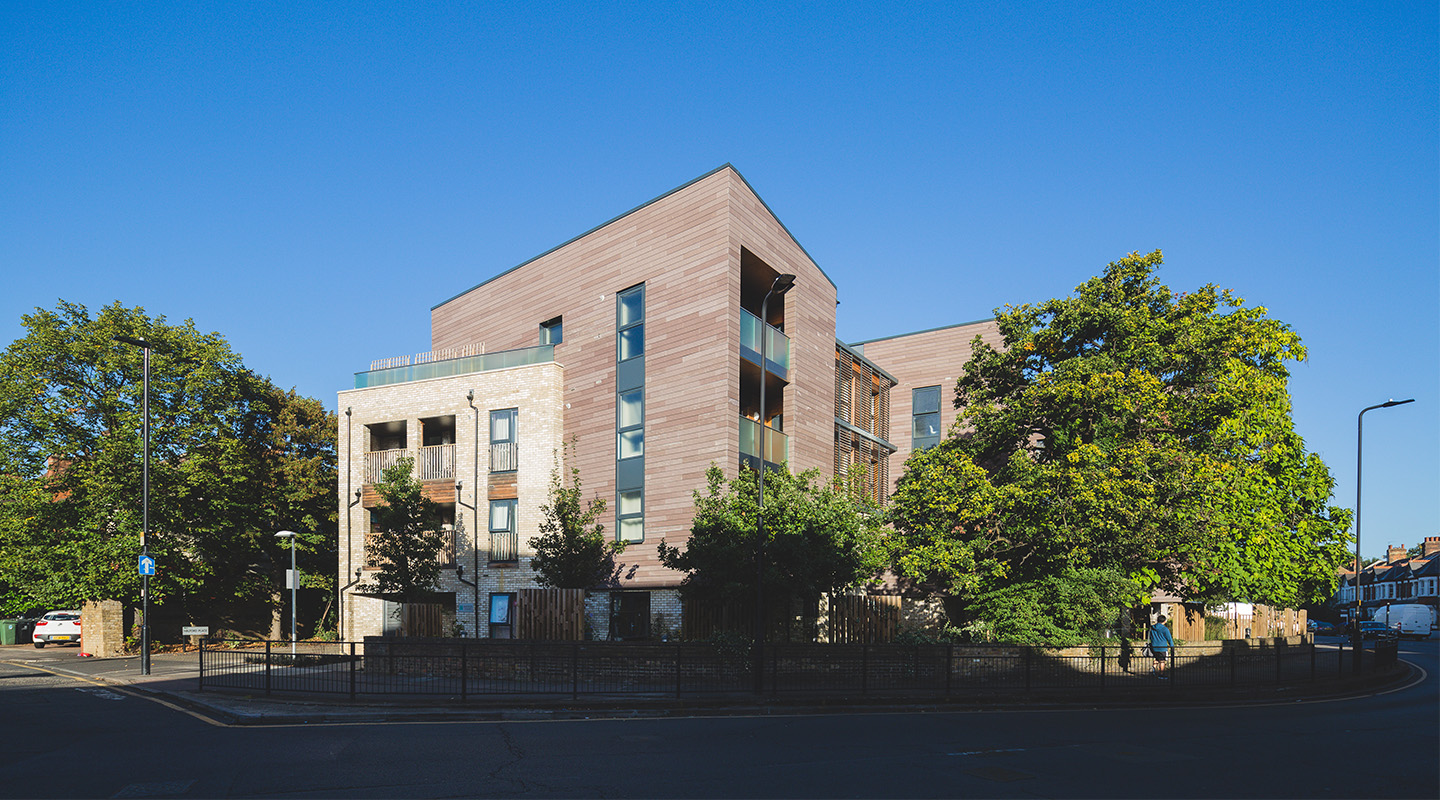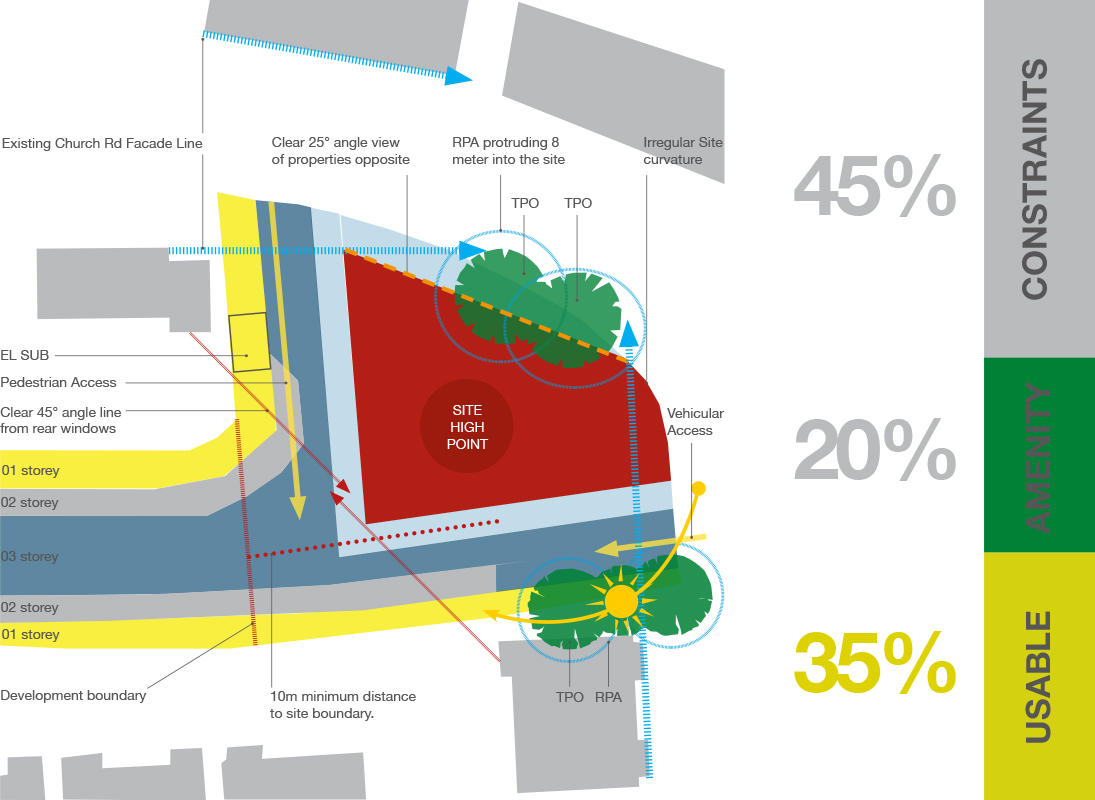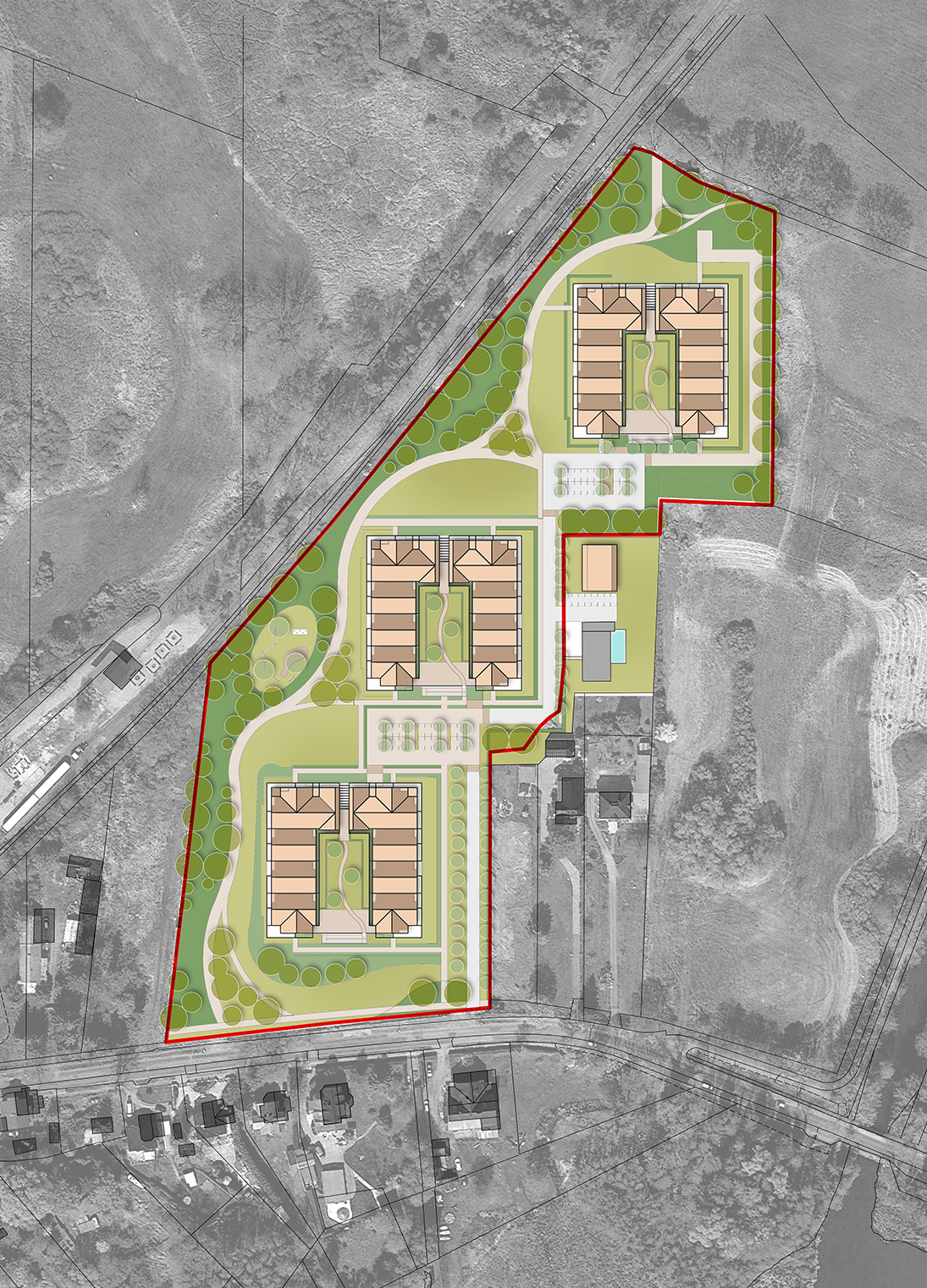What can we learn from the German planning system?
NEWS
What can we learn from the German planning system?
Germany and the UK both have planning systems that are democratic, operating on a national, regional and local level. What lessons can we learn from one another? asks Frederic Akuffo. Published in the Architects Journal.
Autor Architecture operates in both the UK and Germany. Over the past 14 years we have specialised exclusively in residential living in high-density urban environments, with projects in both in London and Berlin. This provides insights into both systems and how the UK planning system could learn from Germany, to provide a greater balance between a negotiative and objective approach.
A recent study published by the House Builders Federation on behalf of developers showed that 93% of small to medium developers cite inefficiencies in the planning system as a major barrier to development, with a key frustration of the UK system being a process whereby projects agreed over lengthy discussions with planning officers can be refused by, sometimes newly elected, councillors. Although the route of appeal remains, a mean decision timescale of 52 weeks at hearing causes delay and additional costs for developers.
Unfortunately, committee members do not always have sufficient expertise in the development and planning process, and they are unaware of the lengthy design processes and costs of every project. At planning committee, they are asked to make crucial decisions on complex projects that they have sometimes only seen for the first time that day.
These and many other inefficiencies in planning in this country often bring uncertainty for investors, costly and unnecessary delays for developers, missed opportunities for contractors and housing shortfalls for the population.

Chruch Road – Whilst praised by the Urban Design officer in Ealing, this 20 unit scheme was approved following an appeals process overcoming 26 reasons for refusal at committee, despite recommendation for approval.
When we compare the German and British planning systems, we find two democratic systems that are fundamental to our constitutions. Both have national, regional and local planning levels, which follow professional and political procedure. Planning can be delayed in either the UK or Germany by unfortunate decision processes and the political agenda. There are however three fundamental lessons we can learn from Germany regarding efficiency, accountability, and certainty in development:
Efficiency: In Germany, the planning effort is applied first to larger masterplan areas, called B Plans. These are as demanding to get in place, but once decided they set a fixed rule for the development of an entire area. By complying with the established rules, all sites coming forward for development can get planning approval much faster.
Accountability: Planning rules in Germany are not policy but law, called BGB. In this sense, the pre-application advice is legally binding for the local planning authority. This allows certainty. Our entire economy works on accountability and performance, so there’s no reason that a council shouldn’t behave in the same way.
Certainty: In Germany, development law translates ambiguity into rule-based formulas. These set clear rules for site coverage, building height, maximum floor area across all floors and distances to the neighbouring site boundary. You get this confirmed via a pre-application and you know where you’re going.

Church Road. Diagram used as part of a planning submission makes site constraints, policy and urban rules visible, allowing for objective decisions to be made between the client, design team and Local Authority.
Working and agreeing with each other is one of the key challenges of our times and by no means is one system better than the other. They are based on different cultural backgrounds and we can learn best by learning from each other.
For example, we find the strong communication background of a UK practice very welcome in Germany. As formulas can make housing design very predictable, local German communities like the visual narratives we developed through our UK approach. Our adaptable UK communications often bring out more creative solutions. However, with a little more accountability and certainty in the process, this could be achieved much more efficiently.
Any system becoming complex to a point that most feel unable to participate defies the principle of democracy. This results in an illiteracy in participation.
Seeking out a simpler way of going about planning, we developed 40 of our projects with an approach that combined the German formula-based rationale, with the UK negotiative approach. Using the idea of first principles, this resulted in a higher degree of informed participation and objective decision making.

Mellensee, South of Berlin. Masterplan for 250 units and ancillary facilities.
